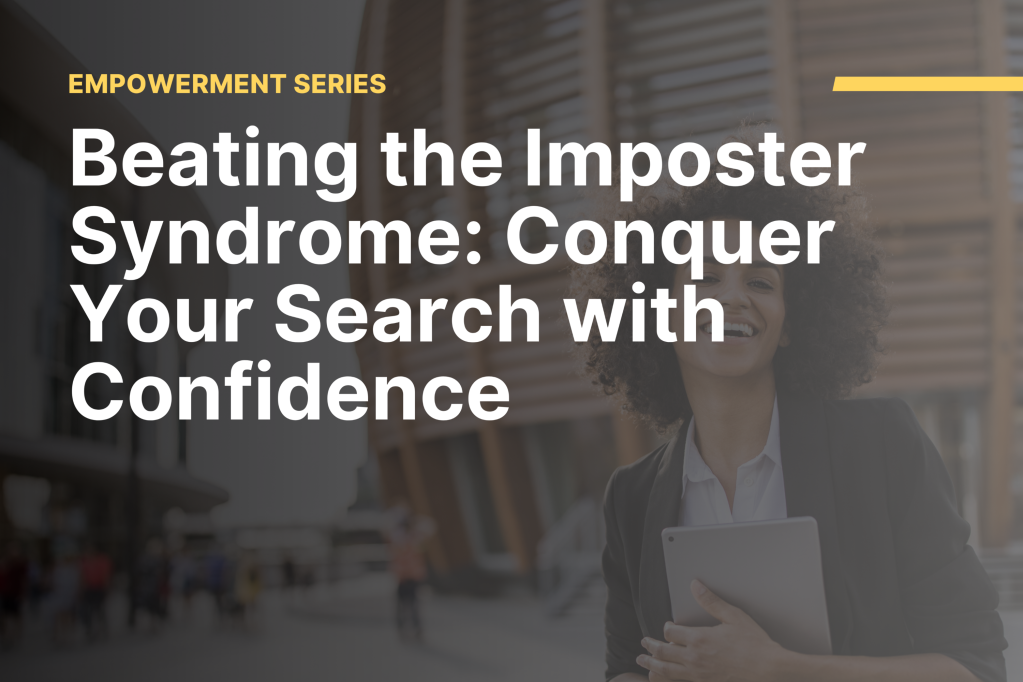
Employer-ready candidates understand how to speak confidently about their technical and transferable skills in ways that sell their professional value to employers. View a more detailed interview prep guide in the Behavioral Interview Prep Guide.
Tell me about yourself.
Think about your past (previous experience and education), present (what you’re now doing professionally and how it’s preparing you for this role), and future (why you want the job you’re interviewing for).
What are your greatest strengths and weaknesses as an educator?
For strengths, consider the required skills in the job posting and explain those that you have mastered. For weaknesses, honestly explain an area in need of development, and provide specific examples of actionable steps you’re taking to improve.
Why did you choose to pursue a career in education?
Explain your motivations for going into education, particularly your area of focus. While this question asks about your initial motivations, it’s best practice to incorporate what you’ve recently learned and why this path continues to be a great fit for you.
What do you see as the most important trends shaping the future of education?
This question is designed to investigate your perspective on education and how it aligns with the values of the organization where you are interviewing. Explain how your career goals intersect with these values.
Tell me about a time when your team was not communicating well. What happened and how did you contribute to improving the issue?
“Tell me about a time…” indicates a behavioral interview question, so use the STAR (situation, task, action, result) method to tell a story. This question probes how you work on a team and solve problems. Choose an example where you were proactive about improving the situation.
Tell me about a time when a student frequently disrupted class. What did you do and what happened as a result?
“Tell me about a time…” indicates a behavioral interview question so use the STAR (situation, task, action, result) method to tell a narrative. Focus on how you managed the situation and collaborated with the student and other school staff to reduce classroom disruptions.
How do you use data to make informed decisions in your work?
Data is critical to education. Whether you are using student data to differentiate instruction or achievement data to implement a school-wide initiative, pick a specific example of when you’ve used data to make a decision and use the STAR method to provide a detailed response.
Tell me about your experience working with students with disabilities.
Every professional in education will work with students with a wide-range of abilities, whether you focus on special education or not. Having a strong understanding of the legal rights and associated support for students with disabilities is critical for success as an educator. Explain a specific example using the STAR method.
What diversity, inclusion, and/or cultural competence training or coursework have you received and how have you applied what you learned in your work?
Zoom in on a few key takeaways from training or coursework you’ve completed. Pick a specific time when you incorporated one of those takeaways into your work. Tell a story using the STAR method.
How would you manage the following scenario: [insert a student scenario in your area of expertise]?
Possible Scenarios: upset parent, conflict with a school staff member, bullying in your classroom, concerns surrounding child abuse/neglect, student not doing their work, students who are consistently tardy or absent, etc.
For scenario-based questions, provide detailed answers about how you would handle a situation. Walk the interviewer through your answer step-by-step. If you have similar or relevant work experience, share that example as well. Incorporate best practices you’ve learned through your graduate program.
What is your educational philosophy? Walk me through a typical lesson or day and how you incorporate your philosophy into practice.
This questions probes for your values as an educator. Schools want to see that you understand that your role is more than to simply educate students; you should also support students beyond the classroom. The interviewer is trying to understand your work style and how that fits with the school’s values and principles. Be honest and include how your role fits into the larger school community.
Pro Tip: Always keep your answers positive, demonstrate what you’ve learned, and tell a story using the STAR framework (Situation, Task, Action, and Result) for behavioral questions so you can provide details about your accomplishments.









